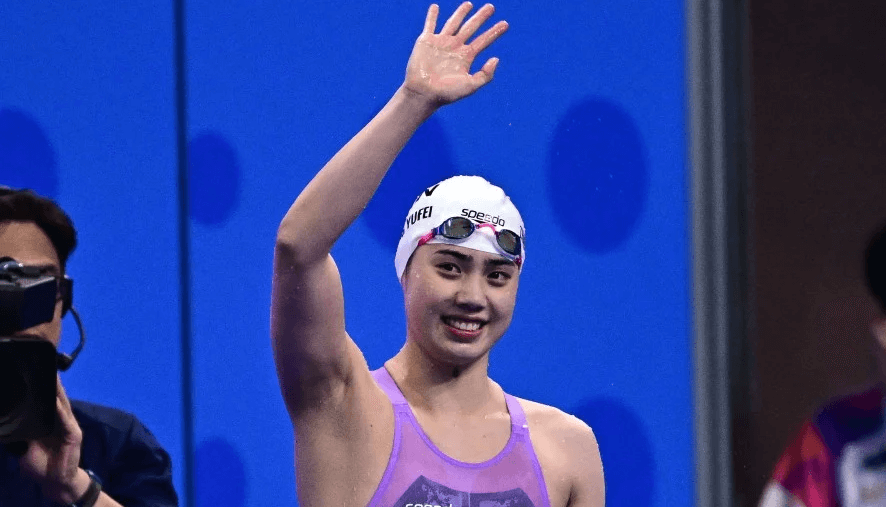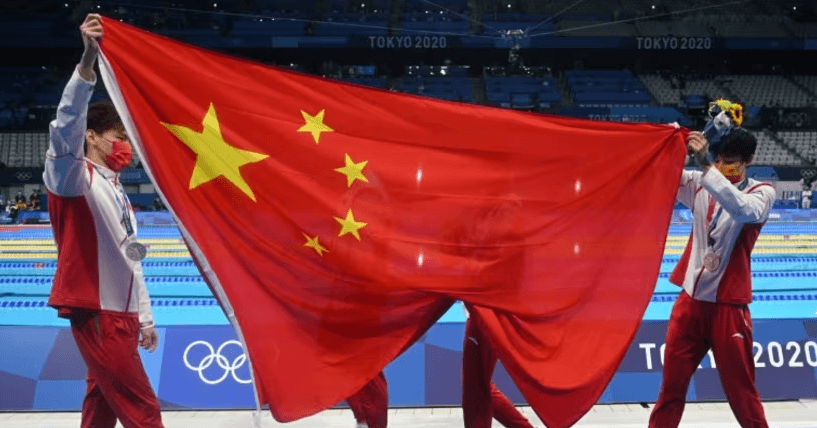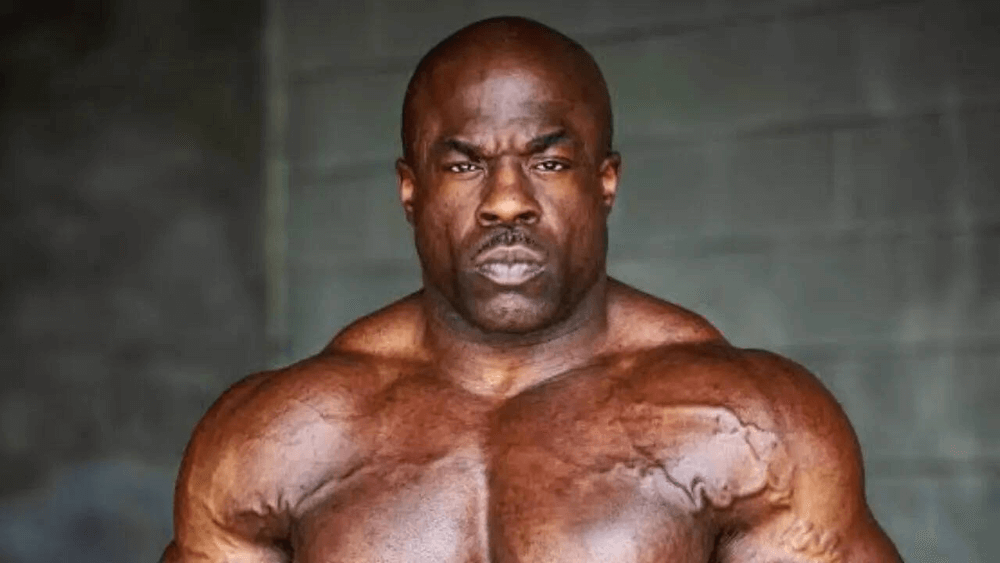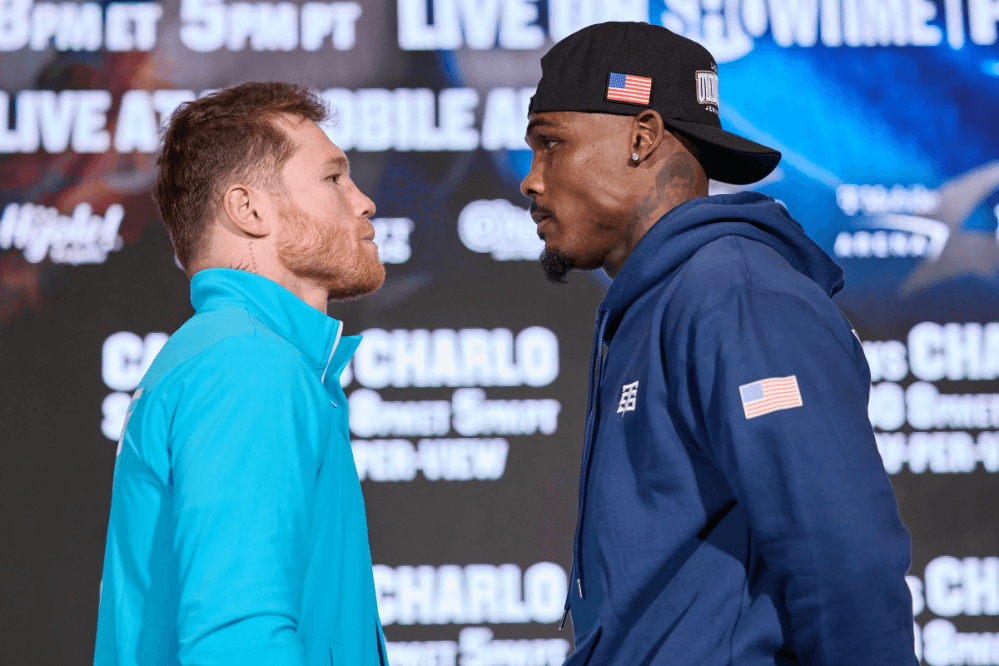Table of Contents
As the Paris Olympics draw near, China’s swimming team is facing significant scrutiny due to the Chinese swimmers doping scandal that has cast a long shadow over their preparations and prospects. Furthermore, the controversy involving positive tests for a banned substance has generated widespread skepticism and could overshadow their participation in one of the most eagerly awaited Games events.
Swimming is always a highlight at the Olympics, with intense competition and high stakes, particularly among powerhouse nations like the United States, Australia, and China. However, China’s swimming team, expected to perform strongly and secure medals when the Games begin on July 26, now finds itself entangled in controversy following revelations that 11 squad members tested positive for trimetazidine (TMZ) before the Tokyo Olympics.
Background
China has a storied history in Olympic swimming, marked by impressive performances and significant achievements. The nation emerged as a swimming powerhouse in the 1980s and 1990s, culminating in standout performances at the 2008 Beijing Olympics and subsequent Games. Chinese swimmers like Sun Yang and Ye Shiwen have earned numerous gold medals and set world records, solidifying China’s reputation on the global stage.
However, this success has often been overshadowed by doping allegations. In the 1990s, several Chinese swimmers tested positive for banned substances, leading to suspensions and increased scrutiny. The 2014 Asian Games saw the high-profile case of Sun Yang, who served a ban for using a stimulant. These incidents have fueled skepticism and cast a shadow over the achievements of Chinese athletes.
Despite efforts to clean up its sports programs, China continues to face challenges with doping allegations. The recent scandal involving 23 swimmers testing positive for trimetazidine at a domestic competition highlights ongoing concerns and the complex interplay between athletic performance and anti-doping measures in Chinese sports.
Details of the Scandal
In April, it was disclosed that 23 Chinese swimmers had tested positive for TMZ at a domestic competition held in late 2020 and early 2021. Despite these positive tests, they were permitted to compete in Tokyo after the World Anti-Doping Agency (WADA) accepted Chinese authorities’ explanation that the results were due to contaminated food at a team hotel. This decision has since faced intense criticism and scrutiny.
Eleven swimmers, including reigning Olympic and world champions, who tested positive, are set to compete in Paris, comprising a significant portion of China’s swim team. Years later, test revelations sparked US anti-doping allegations of a cover-up, denied by WADA and Chinese officials.
TMZ, a prescription heart medication, is banned for athletes because it can enhance performance by improving endurance and reducing fatigue. WADA reported that the Chinese swimmers had “consistently very low levels” of the drug in their systems. This substance gained international attention during the Beijing 2022 Winter Olympics, where it was at the center of a doping scandal involving Russian figure skater Kamila Valieva, who received a four-year ban.
Additional Details
The scandal deepened when The New York Times and German broadcaster ARD, who first reported the failed tests, revealed in June that three of the swimmers had also tested positive for another banned substance years earlier. Chinese authorities argued that the athletes had inadvertently ingested the substance through contaminated meat, resulting in no disciplinary action. WADA confirmed that the levels of clenbuterol found in the swimmers were “six to 50 times lower” than the agency’s minimum reporting threshold.
In response to the uproar, WADA has ordered an independent review into its handling of the case involving the 23 swimmers. This move is seen as an effort to address criticism and restore credibility to the anti-doping process. “This is a huge mess and one largely of WADA’s own making,” said April Henning, an anti-doping expert from Heriot-Watt University. Henning pointed out that the scandal affected not only WADA but also other athletes, governing bodies, and especially the Chinese swimmers, who are now tainted with the label of doping despite claims of contamination.
China has consistently denied any wrongdoing or intention to cheat. The Chinese media have portrayed the allegations as part of a broader plot led by American interests to discredit the country and its athletes. This narrative has resonated domestically, fueling a sense of nationalistic defiance against what is perceived as unfair treatment.
Implications for Future Competitions
Among those implicated is Zhang Yufei, a 26-year-old swimming star who won two gold medals in Tokyo. Dubbed the “butterfly queen,” Zhang remains a formidable contender for medals in Paris. In an interview in May, she expressed her goal for the upcoming Olympics as “surpassing my past self.” Despite the allegations, Zhang’s focus remains on her performance, although she and the Chinese Swimming Association have not responded to AFP’s repeated requests for comments since the scandal broke.
China’s 31-member swim squad, which includes several other high-profile athletes, faces a challenging road ahead. Wang Shun, the gold medallist in the 200m medley at Tokyo, and Qin Haiyang, a multiple world champion and record-holder in breaststroke, are also part of the team heading to Paris. Both athletes, like Zhang, carry the burden of proving their innocence and competing under suspicion.
Sun Yang, China’s most famous swimmer and a three-time Olympic gold medallist, is missing from the roster. Sun recently completed a suspension for an anti-doping violation, the second of his career, and will not be competing in Paris.
Reactions and Statements
Responses from the Athletes Involved
Most athletes implicated in the scandal have remained largely silent. Zhang Yufei, one of the most prominent swimmers involved, has focused on her preparations for the Paris Olympics, expressing her goal to “surpass my past self.” Despite repeated requests for comments from AFP and other media outlets, neither Zhang nor the Chinese Swimming Association has provided any direct responses to the doping allegations.
Official Statements from Chinese Sports Authorities
Chinese sports authorities strongly defend athletes, blaming positive tests on accidental ingestion of contaminated food in the Chinese swimmers doping scandal. They emphasize their commitment to clean sports and transparency. The Chinese Swimming Association and other bodies maintain athletes’ innocence, criticizing perceived unfair treatment by international bodies and media.
Reactions from International Sports Organizations and Competitors
The World Anti-Doping Agency (WADA) initially accepted the explanation from Chinese authorities but faced significant backlash following the scandal’s disclosure. In response, WADA has ordered an independent review of its handling of the case, aiming to address criticism and restore its credibility. Anti-doping bodies, especially from the US, were also accused of a cover-up, pushing for tougher penalties and stricter testing.
Furthermore, international competitors and governing bodies have expressed mixed reactions to the Chinese swimmers doping scandal. Critics argue that leniency towards Chinese swimmers undermines sport integrity, sparking controversy among athletes and officials. Others have called for a more balanced approach, recognizing the need for due process and fairness in addressing doping allegations.
Overall, the scandal has sparked a contentious debate within the swimming community and the broader sports world, highlighting the ongoing challenges in the fight against doping.
Public and Media Response
Coverage in Chinese Media
- Nationalistic framing: Allegations are seen as attempts by foreign entities to discredit Chinese athletes.
- Limited criticism: State-controlled media focus on defending athletes’ integrity.
- Positive spin: Emphasis on athletes’ achievements and potential in future competitions.
Coverage in International Media
- Critical tone: Reports also emphasize potential cover-up and WADA’s controversial decisions.
- Extensive analysis: Furthermore, detailed examinations of the scandal’s implications for global sports.
- Focus on transparency: Calls for stricter anti-doping measures and accountability.
Public Opinion and Reactions
- Chinese fans: Strong support for athletes, view allegations as unfair attacks.
- International fans: Mixed reactions, with some expressing skepticism and others advocating for fair trials.
- Critics: Urge for tougher sanctions and thorough investigations into doping practices.
Historical Context
Comparison to Other Notable Doping Scandals in Olympic History
- 1988 Seoul Olympics: Ben Johnson’s positive test for steroids led to global outrage and stricter doping controls.
- 2004 Athens Olympics: Multiple athletes, including Marion Jones, faced bans for performance-enhancing drugs.
- 2012 London Olympics: Several high-profile cases, including positive tests from top medalists, revealed systemic doping issues.
- 2016 Rio Olympics: Russian state-sponsored doping program resulted in extensive athlete bans and Olympic exclusions.
Analysis of This Scandal in Broader Doping Context
- Pattern of Allegations: Continues the trend of doping scandals affecting credibility in Olympic sports.
- Systemic Issues: This report reflects ongoing challenges in detecting and preventing doping, similar to the Russian doping program.
- Regulatory Scrutiny: Highlights the need for more rigorous and transparent anti-doping protocols globally.
- Impact on Trust: Undermines public confidence in the fairness of Olympic competitions, emphasizing the importance of clean sports initiatives.
Preventive Measures and Solutions
Steps Being Taken to Address Doping Issues in Chinese Sports
- Enhanced Testing Protocols: Increased frequency and rigor of drug testing for athletes.
- Stricter Regulations: Implementation of more stringent policies and penalties for doping violations.
- Collaboration with WADA: Working closely with international agencies to ensure compliance with global standards.
Role of Education and Awareness Programs
- Athlete Education: Comprehensive programs to inform athletes about banned substances and their risks.
- Coaching and Support Staff Training: Ensuring coaches and staff are knowledgeable about anti-doping rules.
- Public Awareness Campaigns: Promoting clean sports through media and public outreach initiatives.
Suggestions for Improving Anti-Doping Measures Globally
- Unified Global Standards: Establishing consistent anti-doping regulations across all sports and countries.
- Independent Oversight: Creating an independent body to oversee and enforce anti-doping measures worldwide.
- Advanced Testing Techniques: Investing in new technologies for more accurate and reliable drug detection.
- Transparency and Accountability: Ensuring transparency in testing procedures and also holding all parties accountable for violations.
Moreover, as the world watches, the Chinese swimmers will have to navigate their competitors and the court of public opinion. The doping scandal has put them in a position where every performance will be scrutinized and every victory questioned. Athletes must prove their achievements stem from talent and hard work, not doping.
Thus, the next Olympics will test China’s swimmers, challenging them to restore global trust in their integrity and performance.







